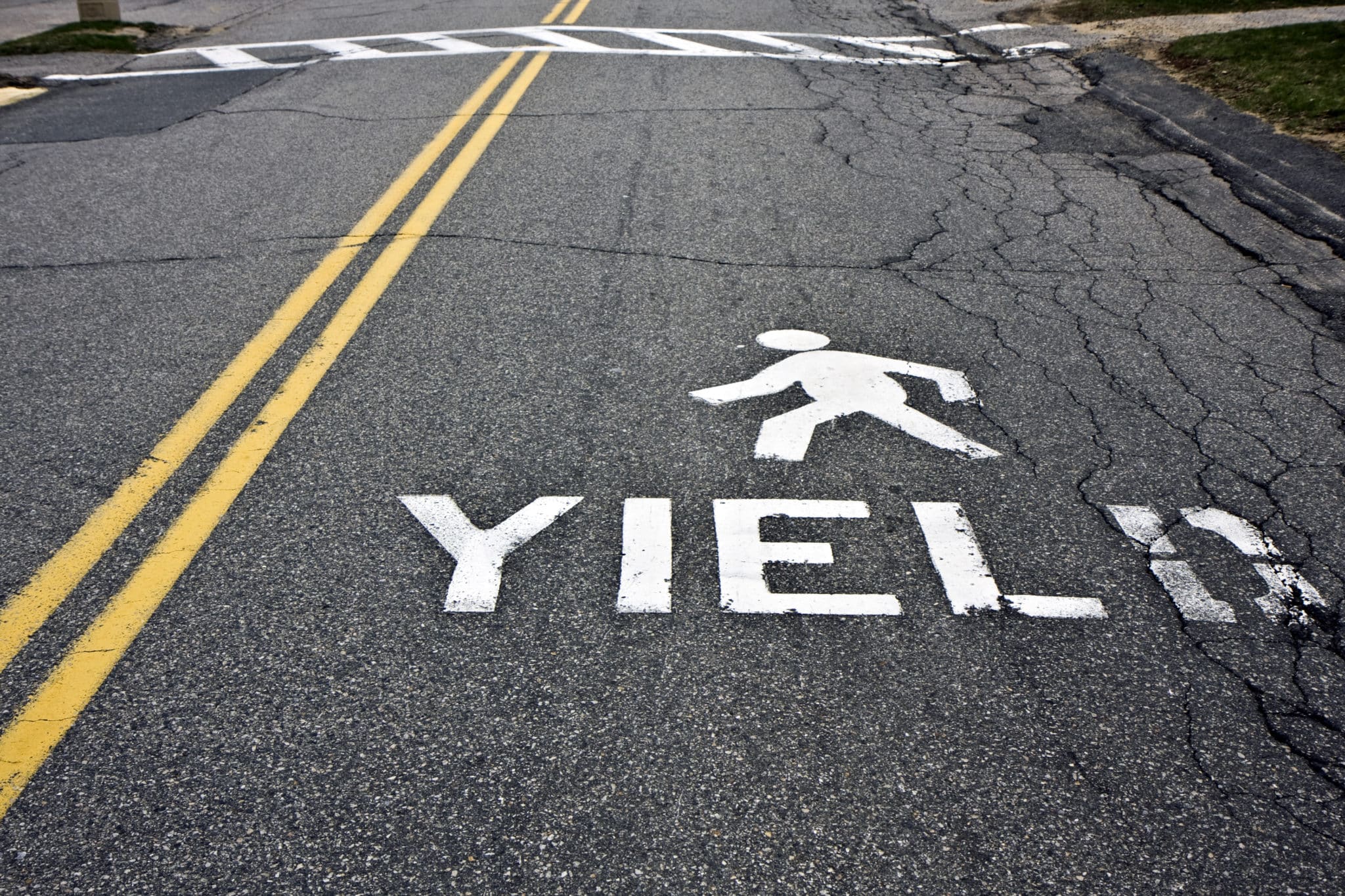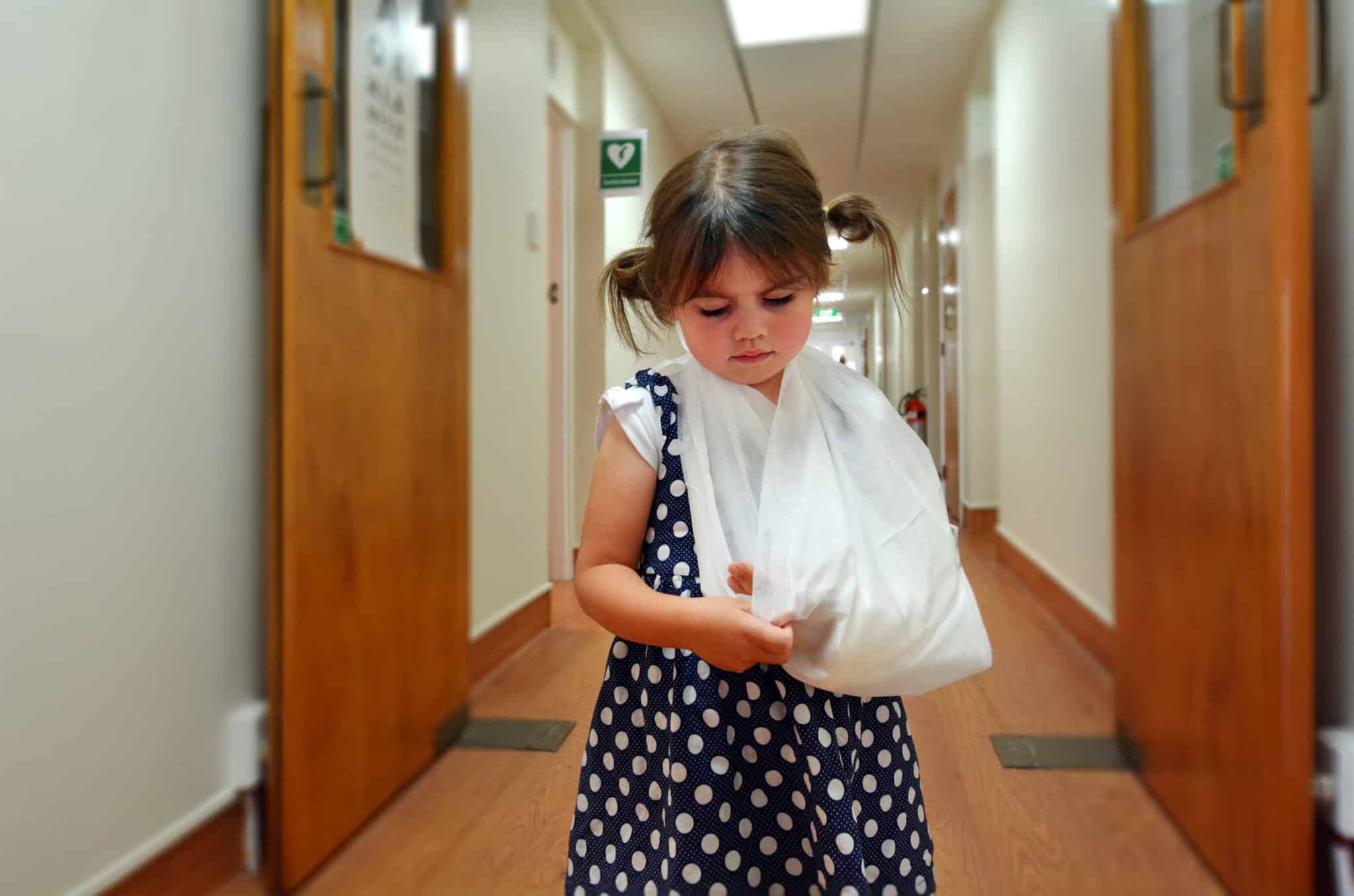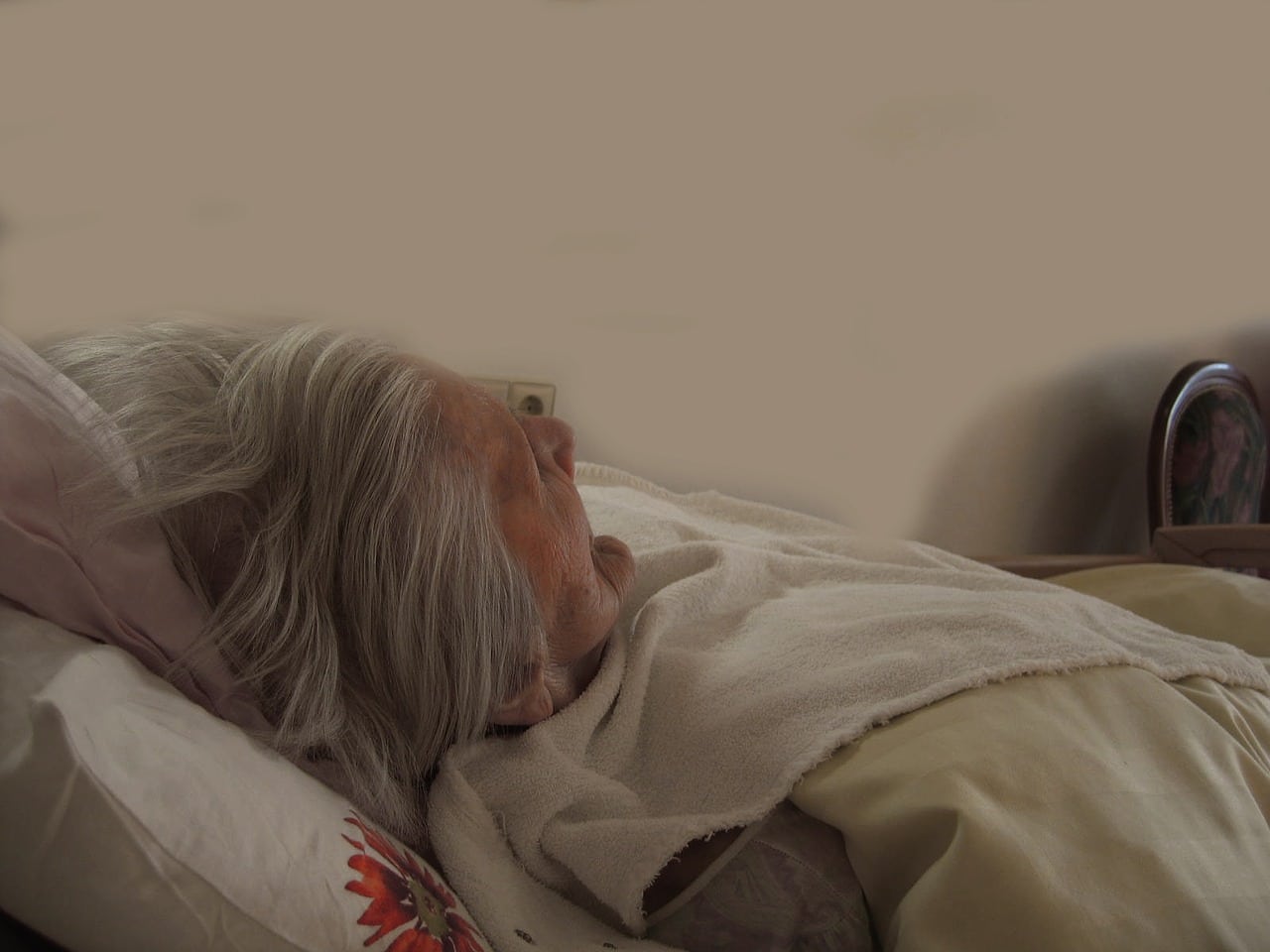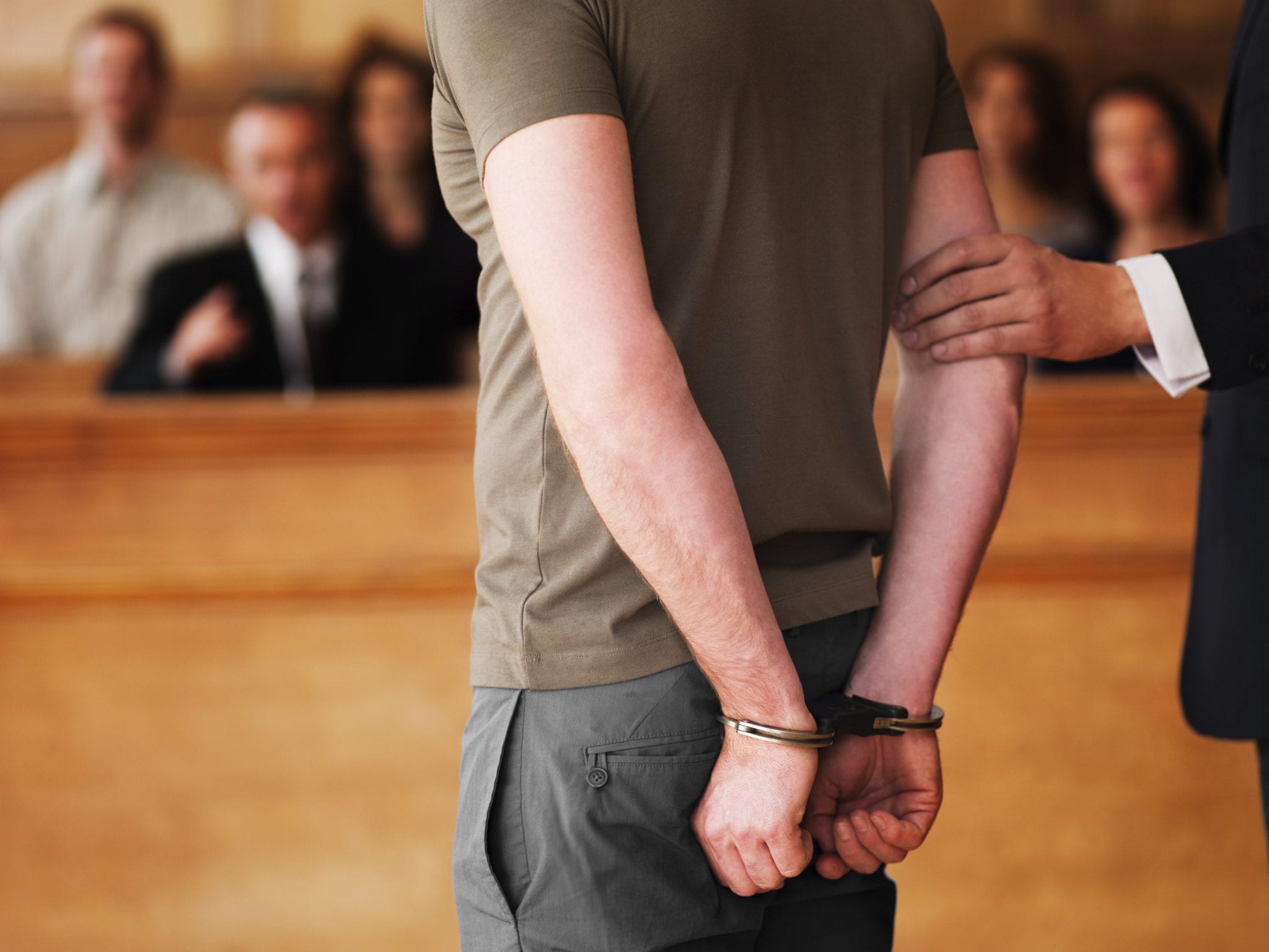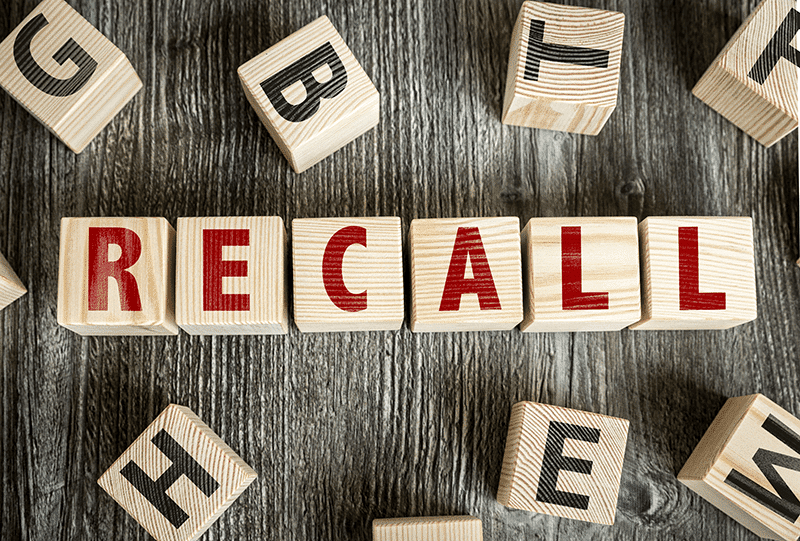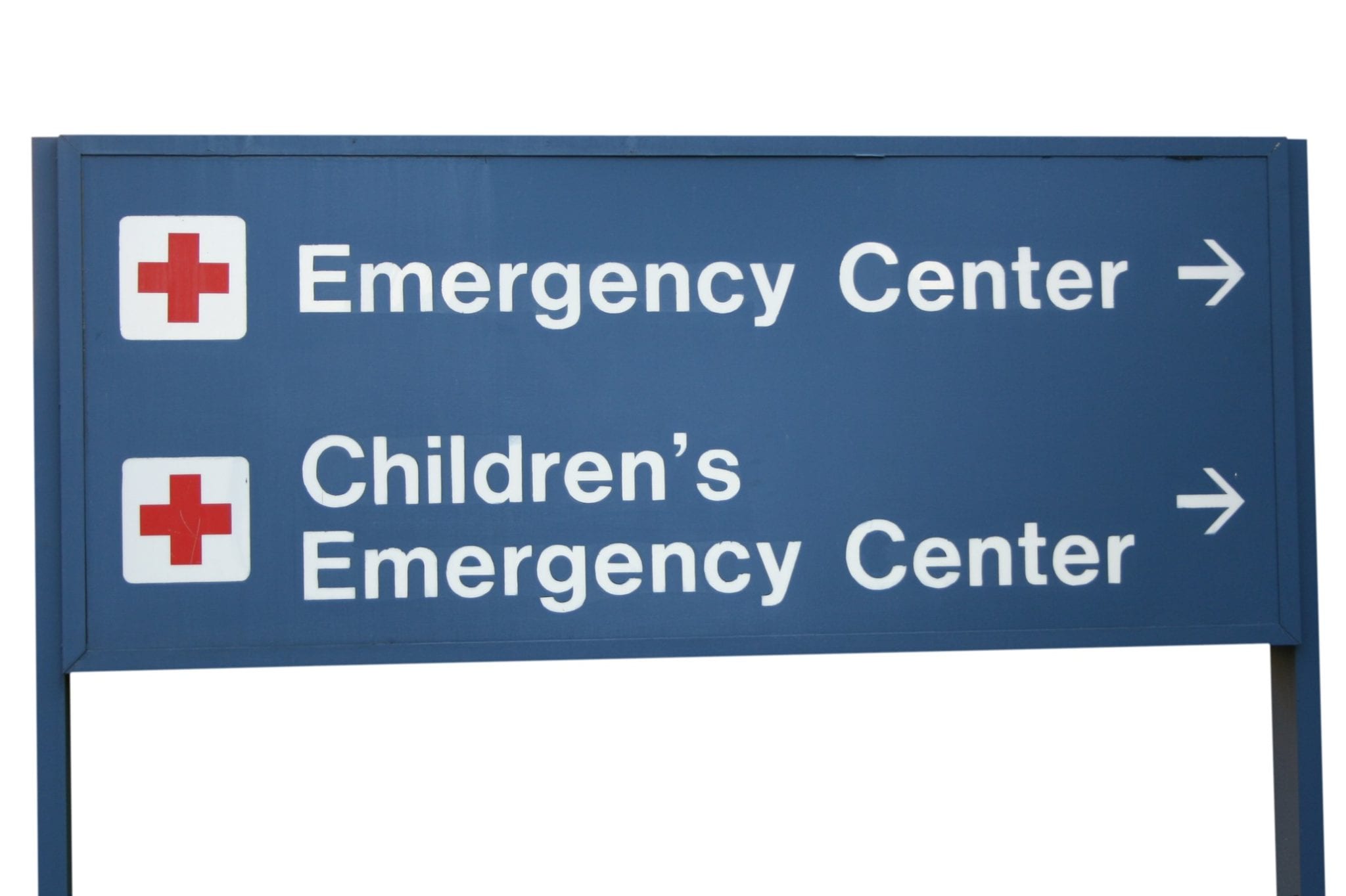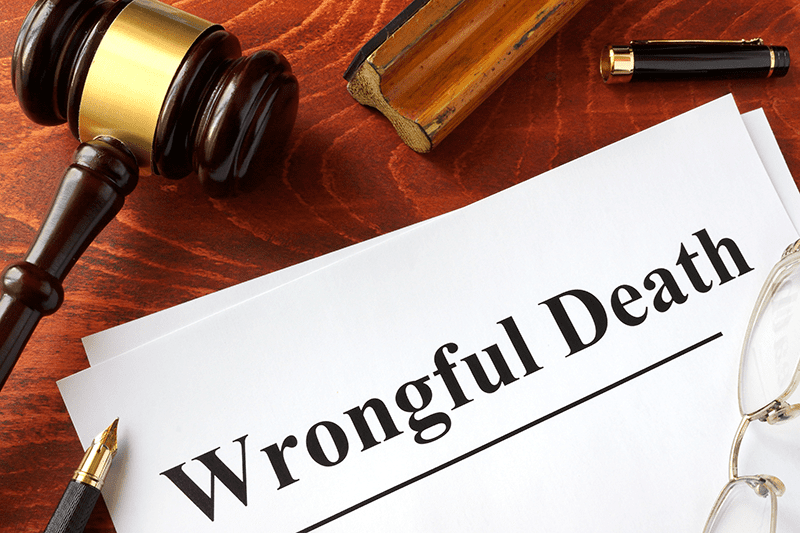Kids can be quite frustrating. The pets in your home can definitely agree. A young child may make the mistake of hitting the dog or pulling its tail. Even the most patient dogs can get a little angry at the kid. In these moments, the dog may even be tempted to bite the child. Kids and dogs can be great together, but you need to put safety over everything. Here are some tips for keeping children safe around dogs.
- Supervise
Young kids and dogs should not be left alone together. As the adult, it’s your responsibility to keep an eye on everything. Do not leave them alone, even for a moment. If you notice the child doing something wrong, like agitating the dog by kissing it , you can stop things before something serious happens. If something happens while you are in charge, it is your responsibility.
- Teach Children How to Interact With Dogs
Knowledge is power. While you want to keep an eye on the child and dog yourself, it’s even better if the child knows how to handle a dog themselves. First and foremost, children should know not to just go up and pet a strange dog. Every child should learn from a young age that they should ask politely if they want to pet a dog. Explain that some dogs are mean and some are nice. You need to ask the owner to make sure it’s a nice dog. They should also learn to approach the dog calmly and let the dog sniff them. Then, they can continue petting the dog. Make sure they don’t jump on the dog or play too rough. You should also teach your child how to recognize when a dog is not happy. One big tell is if the dog is growling or barking. If the dog is backing away, that’s also a sign it wants to be left alone. Explain that no matter how cute the dog is, you shouldn’t pet it if it doesn’t want to be pet.
- Pick the Right Breed
Not all breeds of dog are created equal. If you have children in your life, you should get a breed of dog known for being good with kids. Some of the most popular kid-friendly dog breeds include the Golden Retriever, Collie, Beagle, and Newfoundland. This also shows you don’t have to stick to small dogs. In fact, some of the best breeds of dogs for kids are medium to large dogs. You should also take the children with you when picking up the dog to ensure that they get along. You may even want to include them in the dog buying process. Don’t forget to search your local humane society first. It’s better to adopt than buy a pure breed dog.
- Send the Dog to Training School
If you have children in the house and plan to have even more, you need your dog to learn how to interact with children properly. We all know that babies and toddlers are destructive. You need to teach your dog how to handle this. One of your best options is to send you dog to training school. It will help teach your dog patience and obedience. When your baby climb on the dog’s head even after you told him not to, the dog should be trained not to get aggressive or bite.
- Use Reward and Punishment
Dogs and children can be trained in a similar fashion using classical conditioning. The premise of this method is to encourage proper behavior with reward and punishment. When the child or the dog does something wrong, you need to punish the guilty party to prevent that behavior from happening again. If they do the right thing, you should reward them with more play time or treats. Before long, the desired behavior will continue and any negative behavior will cease.
- Start Slow
Some kids take to dogs immediately. Others take a little more time. Do not feel the need to force it. Let them interact slowly until they both become fully comfortable.
Your dog is a part of your family. You want all members of your family to get along. If you follow these steps, both your child and dog will be safe. Soon, they will likely become the best of friends.
About the Author:
Olivia Harper is the co-founder of the blog Daily Dog Stuff. She is a reserved and passionate pet parent who loves to spend time with her Sibe, who keeps her active and social. Read more of her guides and tips by visiting the blog or following their page @dailydogstuff.

